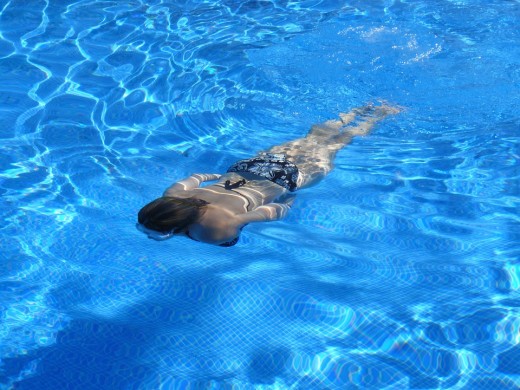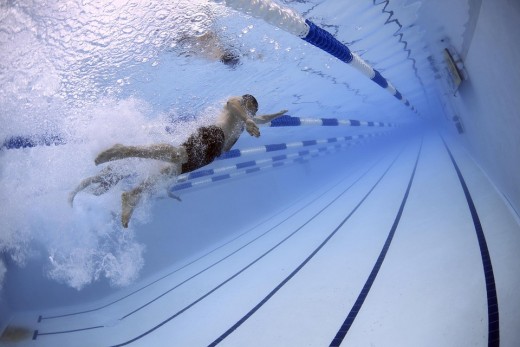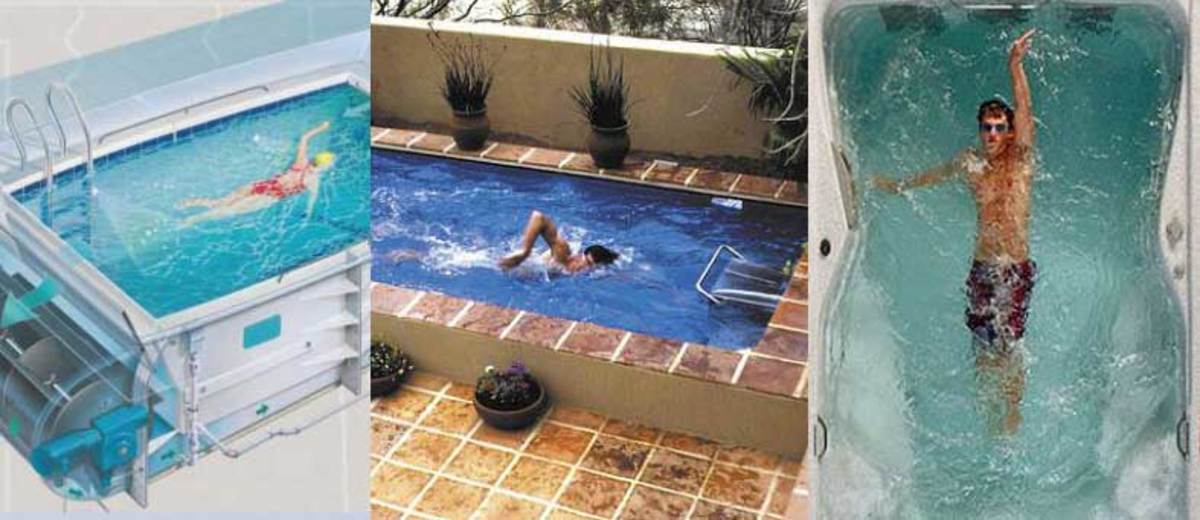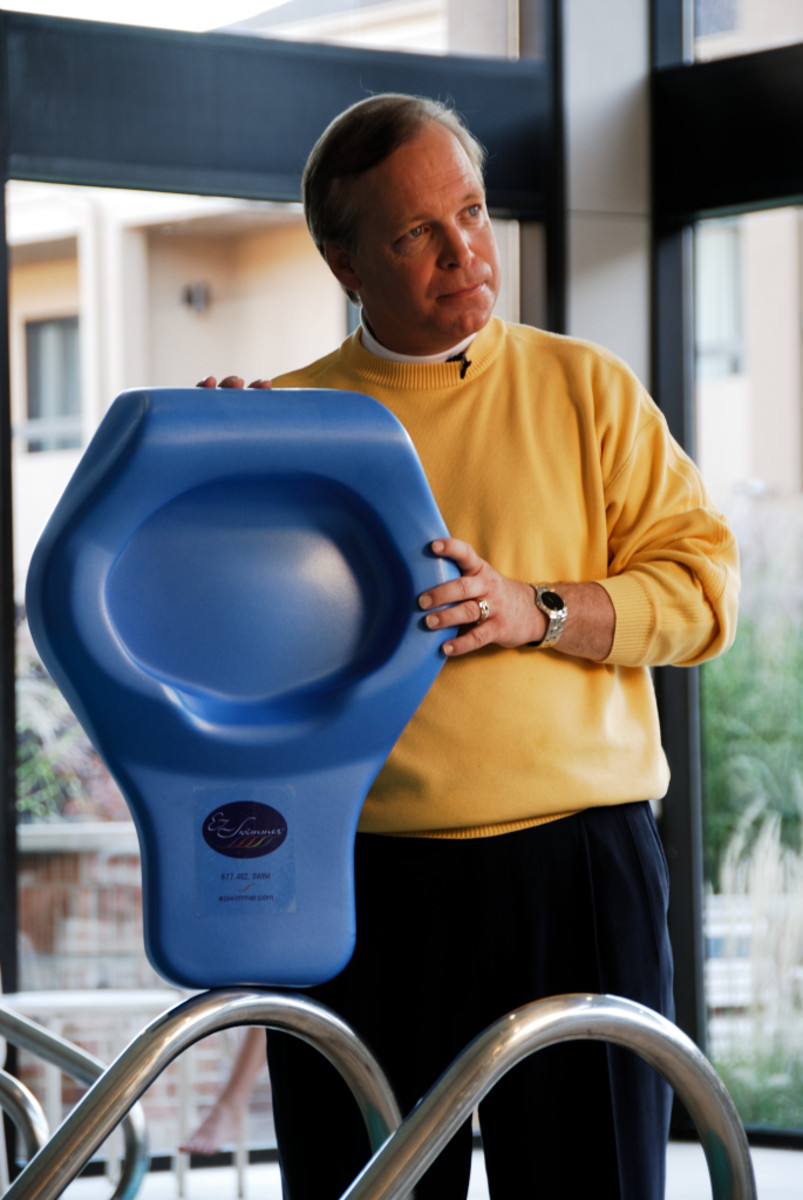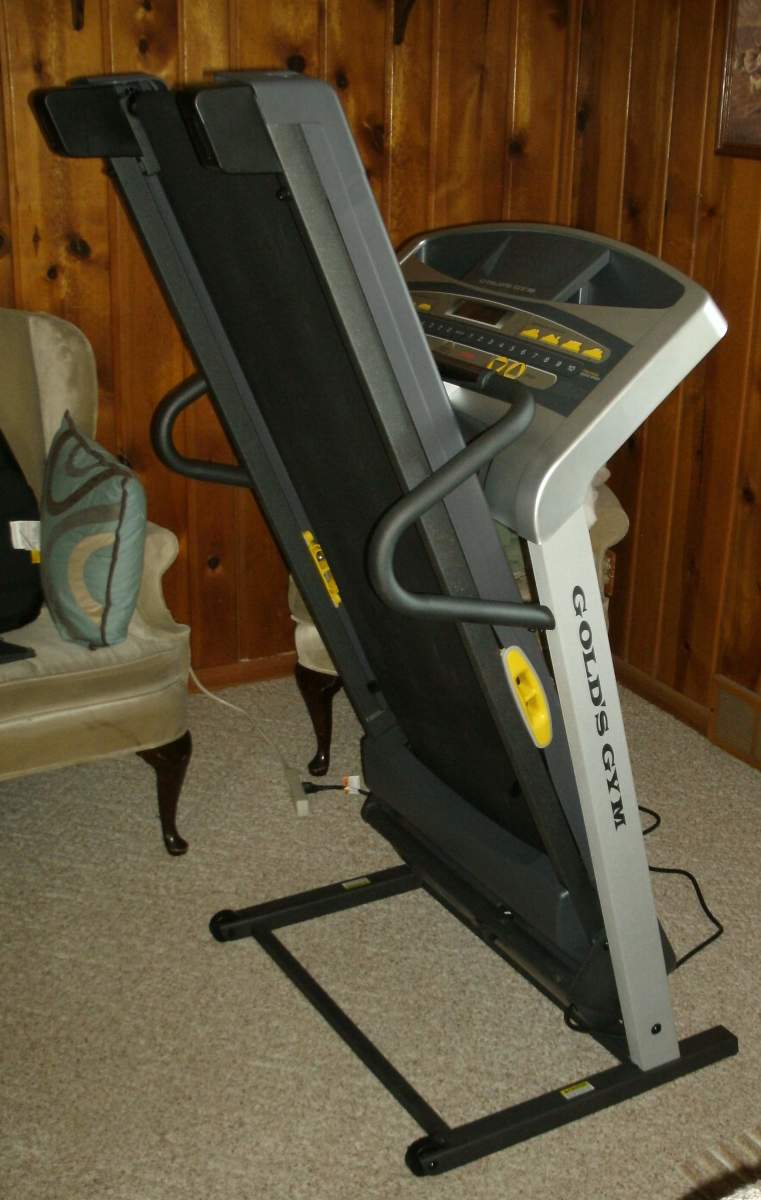Learning to Swim as an Adult

Introduction
Learning to swim as an adult is extra challenging. Kids are more open to new experiences and skills and learn faster and easier, but as you "level up" more fears and logical reasoning is stopping you from trying new things. We've experienced more things and we're much more selective as adults, marking off many activities as "a waste of time" while kids do it just for the fun, and look at their learning performance. Other reasons that may be hindering progress is the physical condition. With aging our bodies are more stressed and recover in a slower phase this most often leads to a conservative attitude towards physical activities unless one has been active in his youth and still maintains at least somewhat active lifestyle.
Overcoming The Discomfort
If you have resistance towards the new environment, some discomforting sensations may take your focus away from the learning. If the water is at an uncomfortable temperature or you feel unsafe, it may bring lots of resistance. So, if possible, find an environment that is more comfortable in terms of temperature, it's clean and where other people swim as well. A swimming pool may be the most controlled environment for starters. Also, make sure you take a pair of goggles if you are not sure what lurks underneath the water, you'll see and make sure it's safe and even beautiful underwater.



Stay Safe
Water can be a real danger and especially for a beginner swimmer, one should take extra care for safety. The best thing you can do is have some who knows how to swim well around, preferably a person that has been professionally trained as a lifeguard. Public beaches and swimming pools often have lifeguards, but at least have a friend around. It's not easy to save a drowning person and it can even endanger the life of the person that is trying to help, because victims of drowning are often reacting in panic.
Try to practice in places near shallow watter or if you swim in a pool, make sure, there is an easy way to grab on the edge of the pool and an easy way to get out.
Don't feel overconfident too soon, because a sudden unexpected muscle cramp can bring your life in danger. It's wise to have some floating safety equipment near by if possible like a kick-board for example.
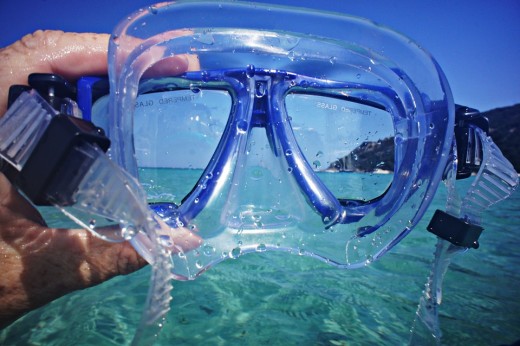
Equipment
Having some equipment can make you feel more confident in the beginning, so it's worth taking into consideration. Swimming inherently doesn't take much equipment in the first place, but it's good if you can find a nice pair of swimming goggles. Make sure they are a nice fit, and that you have appropriately adjusted the length of the stripe so that the goggles stay firm in place and don't let any water in, but at the same time they shouldn't be too tight because they may irritate or even injure your eyes. Protect the inside of the goggles as best as you can. Googles may easily get foggy because of the difference in temperature between the water and your eyes. There are some commercial lubricants out there, but If you don't want to get that much serious, a little bit unappealing trick is to use your spit to lubricate the inside of the goggles.
A swimming vest is maybe going too far, but if you are absolutely terrified of water, it's okay to start like that. Instead what beginning swimmers more often use is a kickboard. The kickboard is lightweight and it will help you stay afloat until your swimming skills are mature enough.
If you discover diving along the way, you may want to explore some more equipment like snorkels, diving mask, scuba fins etc.
Breathing
Many people first approach swimming thinking that the movements are the only thing they should be focusing on, but in fact, breathing is a key issue. If you learn to regulate your breathing properly, swimming will become many times more pleasant and effective for you. It takes some practice because you'll need to modify your normal instinctive timer of inhaling and exhaling.
Developing Technique
As you overcome the fear and discomfort of being in a completely different environment you can improve the way you move and how to use the water to get where you want to be. In the beginning, you can start with the "Doggy Paddle" technique, it gets its name, because its a similar way to how dogs swim, and it's great for beginner swimmers to gain confidence. As you get better, try to swim with your head submerged, exhaling underwater, and bringing the head out of the water periodically to take a new breath. Swimming with your head submerged in the water, may seem silly at first, but you will notice that makes for better technique, it takes less energy and provides better posture, as well as opening a way to new swimming techniques to master in the future, like the breast stroke and freestyle stroke. Another skill you should definitely try is laying on your back, it's great because you use no energy at all to stay afloat.
Closing Thoughts
It's never too late to start enjoying swimming. If you have at least basic resources like time and water area that is safe for swimming, you should definitely learn to swim. It's a great experience once you get good at it, many people find it very relaxing and it can even save your life in an emergency someday, who knows. Just make sure you are taking at least basic safety measures, enjoy and have fun.


